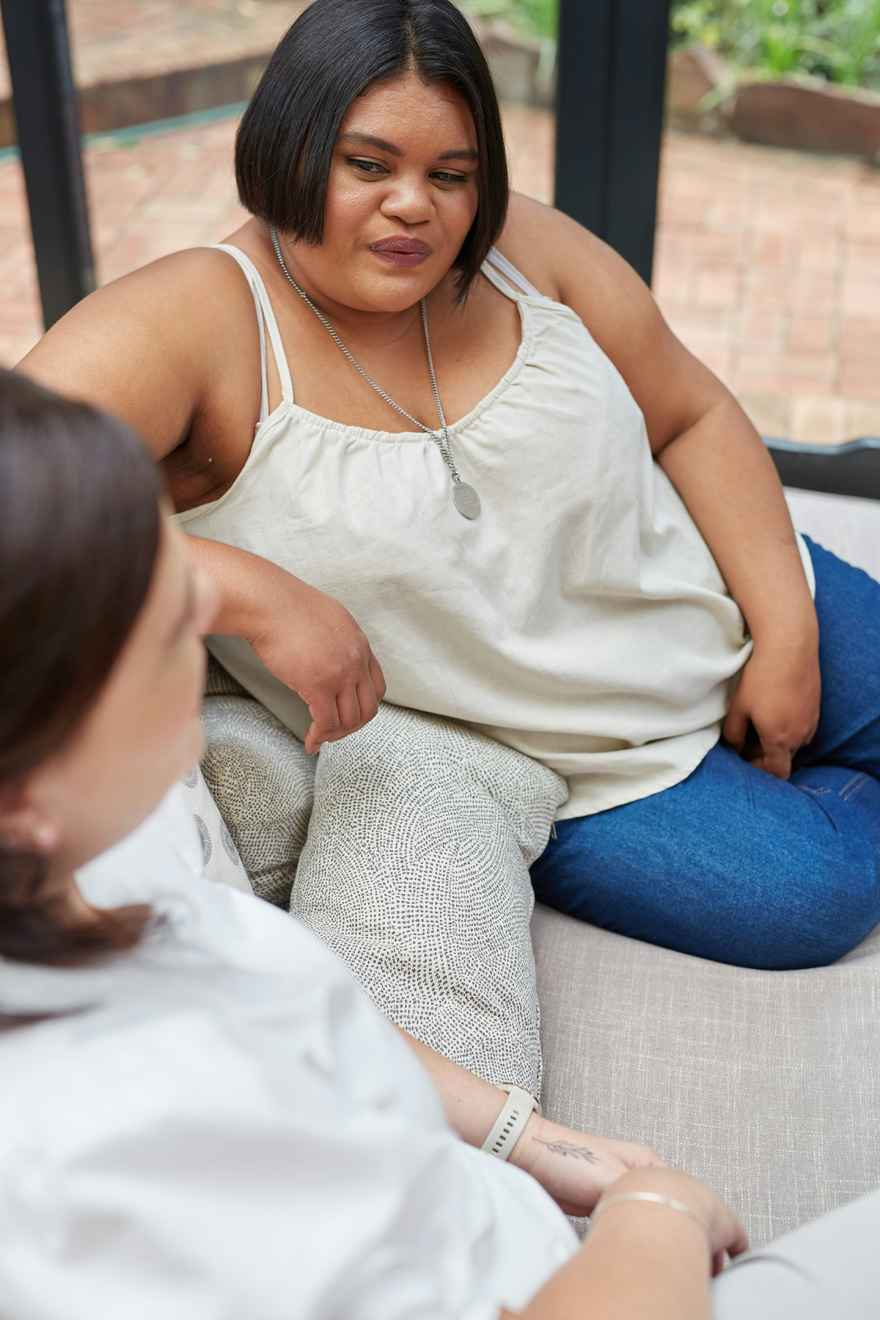How to Support Someone Who Has Disclosed a Sexual Assault to You

You might not know it, but it's very likely that you already know someone who has been sexually assaulted (in the U.S. a sexual assault occurs every 68 seconds). The reason you might not know it, is that it's a hard thing for people to share. Survivors are often anxious about how someone will react - will they believe them? Judge them? In some way, place blame on them? They may also not want to talk about it because it makes it even more real. As someone hearing about the assault for the first time, it is hard to hear that someone you care about has been assaulted. This blog will take you through how to best support someone when they open up to you.
For this blog, we spoke with Kristen Melaccio who had worked as the sexual assault response team lead at Georgetown University’s Police Department and was a certified victim advocate in Virginia, at times the first person a survivor talks to after a sexual assault. In our discussion, Kristen discusses some basic listening and empathy techniques to guide you on being supportive if someone is open with you and shares that they have been sexually assaulted.
Kristen: "It's sometimes hard to know the right things to say to be supportive when someone shares with you that they have been sexually assaulted. You want to be supportive and helpful, but often times, you're upset that this happened to someone you're close to. You may have very strong feelings ranging from anger that this happened to being stuck in disbelief. You want to help but aren’t sure how. The best way to help someone is to let them know you believe them and you are there to support them in any way they need."
Believe and Validate
- Show empathy in ways like “I’m here to listen to as much as you are comfortable telling me.”
- Let them know that you believe what they are sharing with you.
- Assure them that they are not to blame. There is nothing that they did or didn't do that makes them in any way responsible for what happened to them.
- Ask what they need/how you can help them and cater your support to their needs.
- Avoid judgment or skepticism. It’s essential for the survivor to feel heard and validated.
Listen
- This is difficult for the survivor to talk about, so just listen.
- There will be pauses and silence during the disclosure, this does not mean the person is done or doesn’t know what to say, it means they are trying to process how to tell you.
Embrace the silences and let the person take as much time as they need. - Use active listening techniques by validating the person, showing empathy, encouraging
them to continue talking, and using brief prompts to show you are listening. - Let them know they can tell you “as much or as little” as they want.
Understand Their Reactions May Not Be What You Expect
- Survivors will display a broad range of emotions and may not always cry during a disclosure.
- The survivor may laugh or make a joke about it; they may make light of the
situation or show apathy or anger; they may appear dazed, frozen, or confused; or may be showing signs of shame or embarrassment. - All of these reactions and emotions are normal after experiencing trauma, even though some are not what we expect.
Avoid Blaming Language
- Focus on the support rather than questioning their choices.
- Be careful not to ask questions that may imply blame, such as “Why were you there?”
“Were you drinking?”, “What were you wearing”? "Did you fight back?" - This often leads to survivors feeling guilt that their actions may in part be to blame. This is NEVER true, the person who assaulted them is the only person to blame.
Offer Support and Provide Resources
- Don’t give advice, present options.
- You can suggest counseling as something that would help them, but don’t push them.
- Don’t try and force them to do what you think they should do.
- Respect the survivor’s decisions regarding reporting the assault or seeking medical
attention if the assault occurred recently. - If you do not know what options are available, either call the National Sexual Assault Hotline (1-800-656-4673) or go online at https://www.rainn.org/
resources.
Address Immediate Safety Concerns
- Do they need medical attention?
- A safe place to stay for the night?
- Help them find options.
Maintain Confidentiality
- Respect the survivor’s privacy. Do not share anything they told you without their consent.
- Do not provide any of the information shared with you, even if others start
discussions about the situation surrounding the assault. - The decision on who to share with is theirs alone.
Help Them Do What They Want to Do
- If they want to report to law enforcement, get a protection order, or get a PERK (physical evidence recovery kit also known as a rape kit), offer to drive them and be with them or arrange a ride for them.
- In many states they can have a victim advocate present so they are not alone if you can’t go with them. Call the National Sexual Assault Hotline (1-800-656-4673) to check on your state,
- If they want to tell a friend or family member but are afraid, offer to be there for the discussion.
Check In With Them
- Even if the assault happened a long time ago, that doesn’t mean the pain is gone.
- Remind them you still care about their well-being.
- Follow their lead on whether they want to talk more or other types of support they may need.... ask them

0 comments
Leave a comment
Please log in or register to post a comment